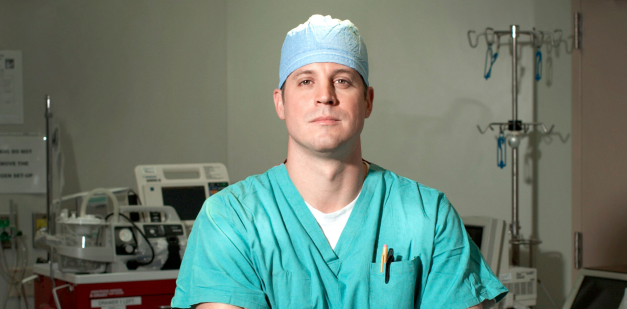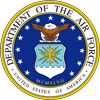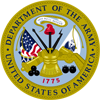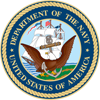Plastic Surgeon - 61L

- Active/Reserve:Both
- Officer/Enlisted:Officer
- Restrictions:None
Overview
Plastic surgeons deal with the excision, repair, replacement, and reconstruction of defects of form and function. This specialty emphasizes the craniofacial structures, the oral pharynx, upper and lower limbs, the trunk, the breasts, and external genitalia. It includes aesthetic surgery of structures with undesirable form when time and space permits. As an Officer on the U.S. Army health care team, you can build a distinguished medical career while making a difference in the lives of the Soldiers and their families.
Job Duties
Requirements
Active Duty
Training
In the U.S. Army, physicians gain experience that far exceeds the medical care environment of the private sector. As an Army Medical Corps Officer, you'll have access to the most sophisticated technology, and you will have the opportunity to consult with experts in both the military and private sector. In addition, you will have exceptional professional growth opportunities, including continuing education courses, seminars and conferences. Physicians may even serve as faculty at one of our prestigious Graduate Medical Education programs.For physicians just starting out, the Army Medical Corps offers first-year graduate medical education, residency and fellowship programs. Qualifying medical school students can also benefit through unique training opportunities exclusive to Army Medical Corps Officers. Medical Corps Officers will also attend certain military short courses designed to develop and enhance the tactical, technical and operational skills unique to the military environment.
Helpful Skills
ASVAB
The Armed Services Vocational Aptitude Battery (ASVAB) is an examination that is administered by the United States Military Entrance Processing Command. It is used to determine qualification and helps predict future academic and occupational success in the military.
Compensation
ACTIVE BENEFITS:In addition to the many privileges that come with being an officer on the U.S. Army health care team, you'll be rewarded with:
See the whole list of Army Occupational Specialties here To learn more about the Army's rank structure, see our complete list of Army ranks. To see a list of military medals and decorations that can be earned by servicemembers in the Army and other branches of the military, see our list of military decorations and medals.







































































































































